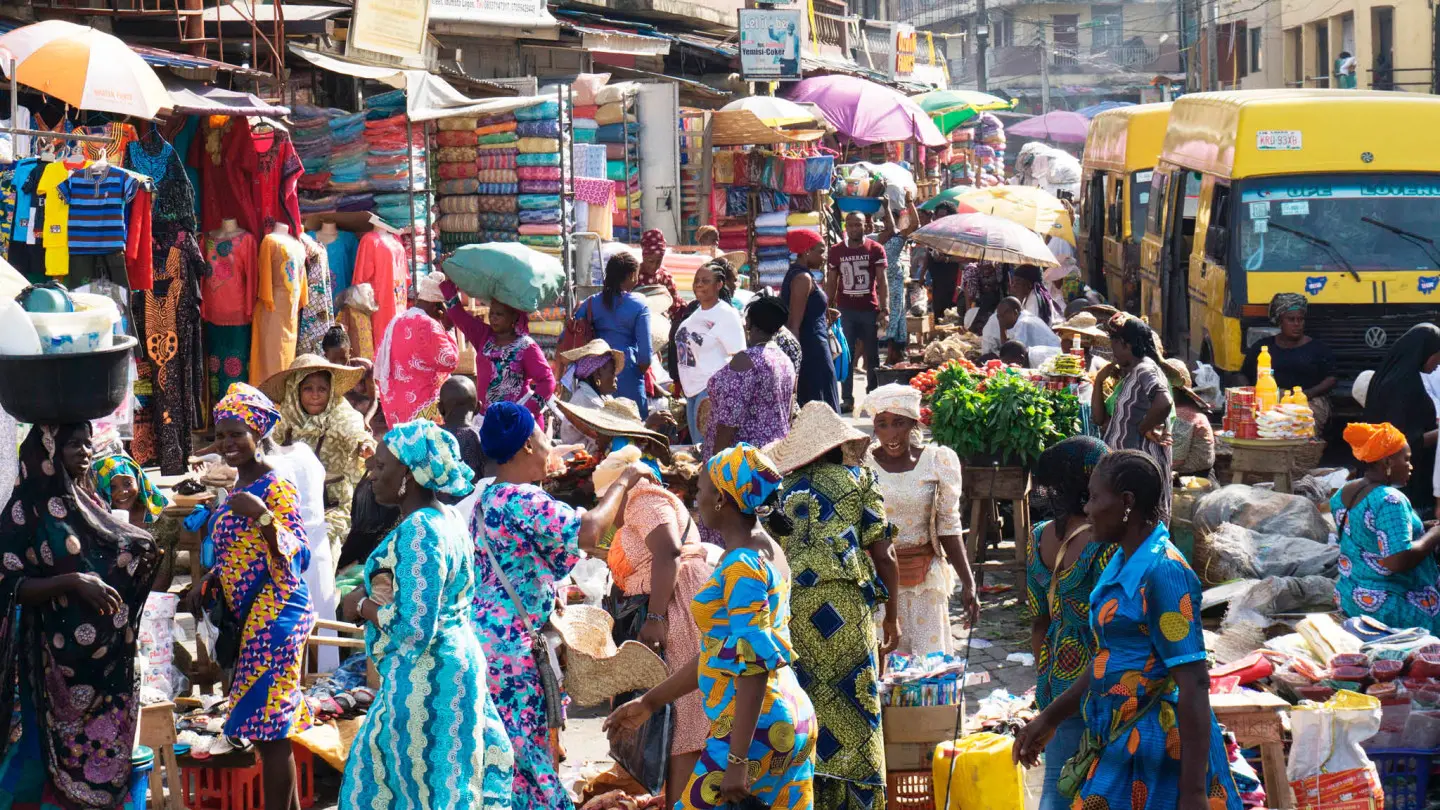
Nigeria’s economy has slipped to fourth place in Africa, behind South Africa, Egypt, and Algeria.
This is according to a recent forecast by the International Monetary Fund.
Accordingly, the Washington-based bank World Economic Outlook estimates Nigeria’s gross domestic product at $253 billion based on current prices this year, lagging behind Algeria at $267 billion, Egypt at $348 billion, and South Africa at $373 billion.
Africa’s most industrialised nation (South Africa) will remain the continent’s largest economy until Egypt reclaims the mantle in 2027. According to the IMF’s projection, Nigeria is expected to remain in fourth place for years.
Nigeria and Egypt’s fortunes have dimmed as they deal with high inflation and a currency plunge.
President Tinubu announced the floating of the naira in June last year, scrapping costly energy and gasoline subsidies and taking steps to address dollar shortages.
In the first quarter of 2024, the naira was further devalued against the dollar.
Meanwhile, in March, the naira recorded a 50 per cent gain against the dollar.
Similarly, Egypt, one of the emerging world’s most-indebted countries and the IMF’s second-biggest borrower after Argentina, has also allowed its currency to float, triggering an almost 40 per cent plunge in the pound’s value against the dollar last month to attract investment.
The IMF had been calling for a flexible currency regime for many months, and the multilateral lender rewarded Egypt’s government by almost tripling the size of a loan programme first approved in 2022 to $8 billion. This catalysed a further influx of around $14 billion in financial support from the European Union and the World Bank.
Unlike Nigeria’s naira and Egypt’s pound, South Africa’s rand value has long been set in the financial markets, and it has lost about 4 per cent of its value against the dollar this year. Its economy is expected to benefit from improvements to its energy supply and plans to tackle logistic bottlenecks.
Algeria, a member of the Organisation of Petroleum Exporting Countries, OPEC+, has been benefiting from high oil and gas prices caused first by Russia’s invasion of Ukraine and now by tensions in the Middle East. It stepped in to ease some of Europe’s gas woes after Russia curtailed supplies amid its war in Ukraine.


